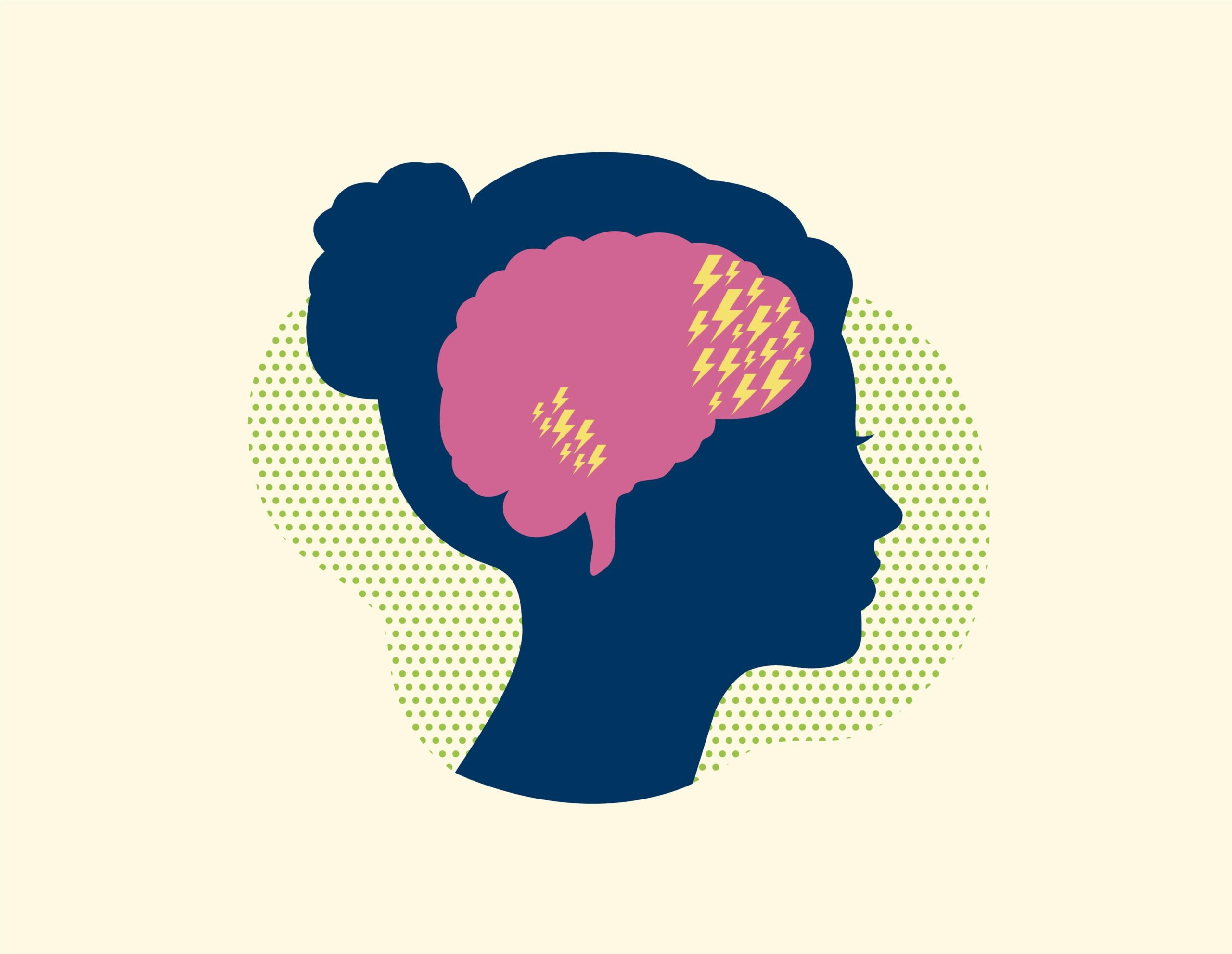
Women experience some neurologic and psychiatric conditions in greater numbers than men, with different risk factors, symptoms, and drug responses. To improve treatment, the Brigham has established research and clinical care programs for women’s neurologic health.
The Women’s Brain Initiative conducts research to understand how sex and gender differences affect the brain, with efforts to predict patients at risk for disease and treatments that will be most effective.
On the clinical side, the Women’s Neurology Program is a global leader in targeting diagnosis and treatment for neurology conditions focused on sex and gender differences, particularly hormonal and reproductive changes.
For example, if a patient with epilepsy is planning to or becomes pregnant, the expert team in women with epilepsy knows which medications to avoid and how to optimize health, says program director M. Angela O’Neal, MD.
The team also has expertise in conditions that affect women more often, such as migraine and functional neurologic disorder (FND), the second most common condition seen in the Brigham’s neurology clinics after headaches. FND is two to three times more prevalent in women than men. The brains of people with FND have trouble sending or receiving signals, causing a range of issues from functional seizures to abnormal movements to cognition issues. O’Neal says, “What makes us a world leader is that we look at the spectrum of health across a woman’s life, from the reproductive years to menopause and beyond.”










